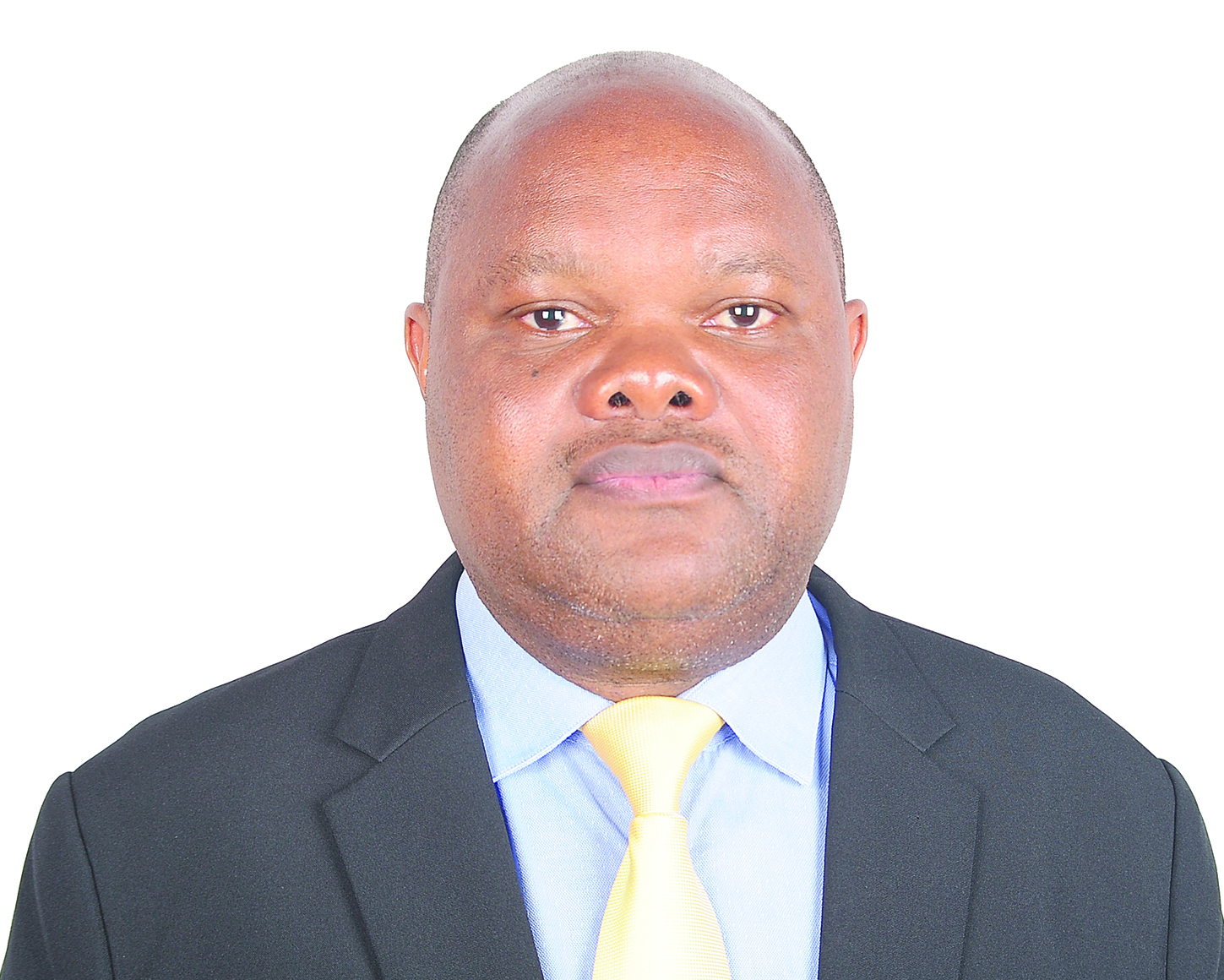Is poverty synonymous with corruption?
People in poverty may experience pressure from family members or communities to secure financial stability, even through corrupt means. A struggling parent, for instance, might justify corruption as a necessary evil to provide for their children.
Is poverty synonymous with corruption?
By Admin .
Journalists @New Vision
_________________
OPINION
By Dr Davis Malowa Ndanyi
Corruption is the abuse of entrusted power or position for personal enrichment or gain. Corruption normally deprives the would be beneficiaries of their entitled provisions.
Poverty, on the other hand, can be referred to as a state of economic deprivation, where an individual or group of people lack the financial resources to handle their basic necessities of life.
It can be argued that poverty and corruption are often interconnected but not synonymous. Corruption can contribute to poverty through diversion of resources away from the provision of basic public services, undermining economic opportunities and hence loss of trust by citizens in government.
Poverty stimulates corruption as per the following arguments;
Firstly, in societies with widespread poverty, corruption can become deeply ingrained in daily life. People may see it as the only way to access essential services, leading to a cycle where corruption is normalized and perpetuated.
In impoverished areas, job opportunities may be scarce, and wages may be too low to support a family. This can push individuals towards corrupt activities like fraud, theft, or bribery as a means of economic survival.
It should further be noted that, when people struggle to meet basic needs such as food, shelter, and healthcare, they may resort to unethical or illegal means to survive. For instance, a government employee facing financial difficulties might accept bribes in exchange for offering services.
People in poverty may experience pressure from family members or communities to secure financial stability, even through corrupt means. A struggling parent, for instance, might justify corruption as a necessary evil to provide for their children.
Poverty is often linked to weak governance, where law, order and regulatory systems are ineffective. In such environments, individuals might feel that engaging in corruption is a necessary means to navigate a system where fairness is absent.
Politicians and powerful individuals can take advantage of poverty to manipulate people. In exchange for financial incentives, individuals may engage in corrupt acts such as electoral fraud or acting as intermediaries in illicit dealings.
Poor individuals often face barriers to accessing public services, such as education, healthcare, and legal protection. Some may resort to bribing officials to receive services they are entitled to, and hence fueling corruption.
Corruption benefits the wealthy and powerful while leaving the poor with fewer opportunities to improve their lives. This widens the gap between rich and poor.
When corruption dominates, businesses face unfair competition, and foreign investors are discouraged. This slows economic growth, reducing job opportunities and increasing poverty rates.
In corrupt societies, justice is often bought, meaning the poor cannot afford fair legal representation, leaving them vulnerable to exploitation.
When corruption dominates, frustration grows among the poor, leading to protests, instability, and sometimes even conflict, making economic progress difficult.
Corruption diverts resources meant for public services (healthcare, education, infrastructure) into private hands. This weakens essential services, disproportionately affecting the poor.
Poverty does not directly cause corruption; it creates circumstances that can push individuals towards unethical behaviour as a means of survival. In sum, corruption and poverty create a vicious cycle, corruption, therefore, weakens institutions and economic opportunities, hence pushing more people into poverty.
The author is an academic and a human resource management practitioner

Comments